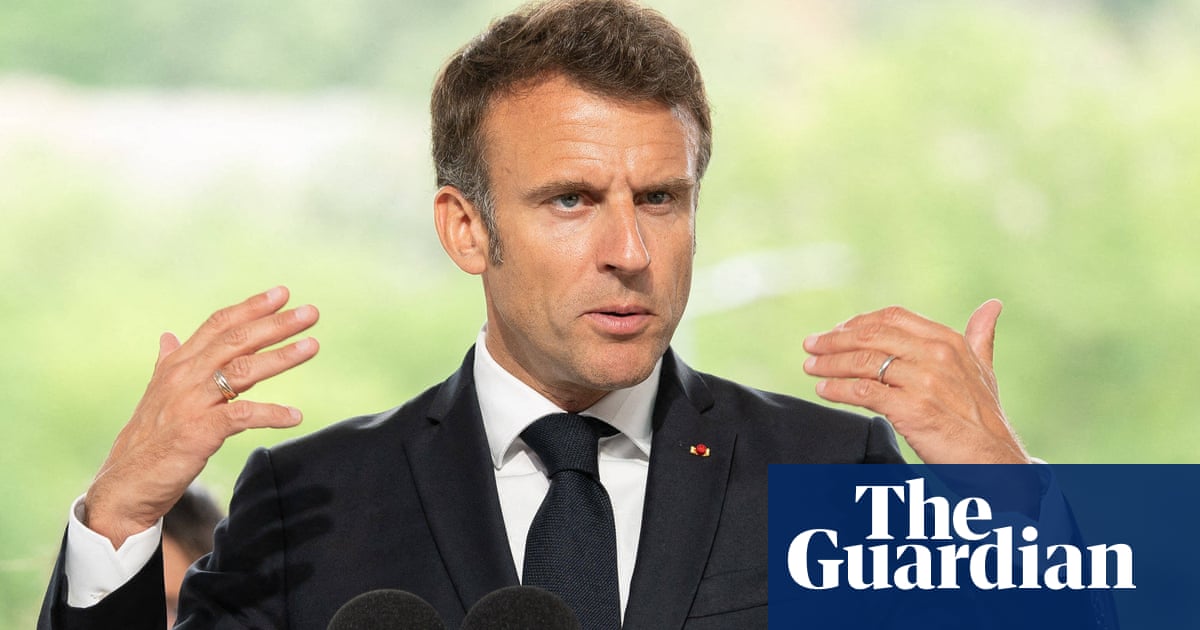
Sir Mark Rylance has called on the arts to help solve the climate crisis by telling stories that persuade people to “fall in love with nature again” and prompt government to back green policies.
The Oscar-winning actor is starring with Sophie Okonedo in an innovative BBC Radio 4 drama set in a nature reserve that charts the challenges conservationists face in a time of rapid environmental change.
Rylance, a keen environmentalist, told the Guardian he is a “bit despairing of government” to lead the way towards a greener economy but the arts can tell “stories to awaken compassion, to awaken people to make a change”.
He pointed out the “journalistic storytelling” of programmes such as Netflix’s documentary My Octopus Teacher – in which a diver learns about the fragility of nature from an octopus – has “a cleverness to … the story that appeals to our hearts as well as our minds”.
Rylance said although “we’re not lacking information about what we need to do” to help the climate crisis, “we also really need the arts to remind us how … we are part of the same family as … the nature around us”.
“I feel like we’ve got to fall in love with nature again; we do incredible things for each other when we fall in love. We’ve been encouraged not to love animals, not to love plants, in order to enable us and others to be heartless about them and treat them as products and commodities to be used, and that’s not working.”
His new Radio 4 drama, Song of the Reed, was written by Steve Waters in collaboration with scientists and recorded on location in Strumpshaw Fen, in Norfolk. Starting on 21 June, each of the four episodes will be released over the year at the start of a new season and follow the fight for survival of a fictional nature reserve and show the contribution wetlands can make towards fighting the climate crisis.
Rylance said he became interested in wetlands over lockdown, having discovered “that over the last 500 years we’ve lost or built up on 90%” of them and they are “a good carbon sink” as well as a potential biodiversity network to link up wildlife migrating north due to rising temperatures.
The Wolf Hall actor said: “I don’t have a lot of faith in waiting for government” to lead the way on environmental issues so, “it’s up to us as individuals to change … and then government will follow”.
He tries to do as much voluntary eco-work as possible as he feels “when you’ve got good fortune there’s a responsibility to give back”. He is donating his fee from the BBC to the environmental group Wildlife and Countryside Link.
Rylance has been lobbying the BBC to create an ethical consumer programme and said that despite getting frustrated the corporation does not report more on environmental issues, “there are many reasons to defend the BBC.”.
Having played Dr David Kelly in Peter Kosminsky’s 2005 drama The Government Inspector – which examined the fallout from Radio 4 Today programme journalist Andrew Gilligan’s report about the government’s “sexed-up” Iraq dossier – Rylance has seen how the BBC can become the target of criticism due to the actions of a single journalist.
Of suggestions that the BBC’s funding could be reduced by government following Lord Dyson’s report into how Martin Bashir employed “deceitful behaviour” to obtain his Panorama interview with Diana, Princess of Wales, he said: “I don’t quite see why one rogue reporter who behaved appallingly in setting up the interview with Diana means the whole institution is challenged. To me that’s suspicious there are people who want to break up the BBC and open up that aspect of society to make more money.”
Rylance hopes his drama will help change the minds of people he sees in supermarkets buying unrecycled loo roll and using plastic bags (“You think really? You’re cutting down trees to wipe your bum and carrying it home in a plastic bag?”) and was among stars calling on the government last year for a “green recovery” from the pandemic.
He also backed a plan for a National Nature Service – similar to the 1930s Civilian Conservation Corps in the US, which boosted employment by creating parks – and hoped it might provide paid work for the 300,000 arts workers left unemployed during the Covid-19 pandemic; but it failed to win government backing.
Now Rylance hopes Song of the Reed will draw attention to the Wildfowl & Wetlands Trust’s “blue recovery” plan to restore wetlands.
Its policy chief, Tom Fewins, said: “Wetlands are amazing – from great sweeping salt marshes to humble urban rain gardens they provide a wide range of ‘nature-based solutions’ to the climate, nature and wellbeing crises.”
Song of the Reed begins on Monday 21 June on Radio 4 and BBC Sounds












